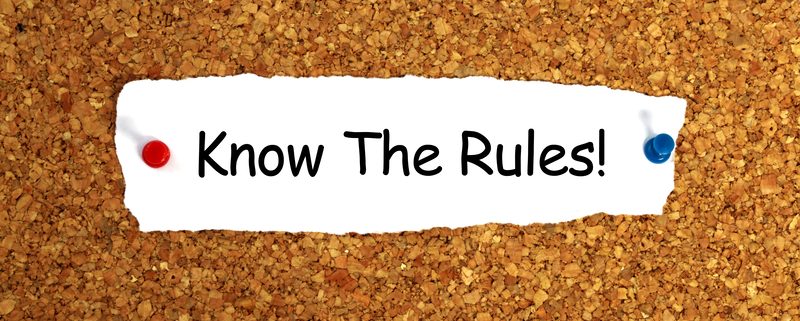Self-Directed IRA Rules Everyone Should Know Before Investing
When you invest in a Self-Directed IRA, it can feel like all bets are off. After all, using self-directed strategies through an IRA administration firm as your custodian can free up all sorts of possibilities. For example, you can start investing in real estate, precious metals, or even tax liens. However, when you take on more responsibility via your Self-Directed IRA, you also will brush up against the limits of what an IRA can do. That’s why it’s so important to know the rules and the boundaries of every retirement account before you get started. Here’s a brief summary.
Prohibited Investments in a Self-Directed IRA
Yes, there are all sorts of options when you invest in a retirement account with a Self-Directed IRA administrator. You’ll move beyond investing in mere stocks and bonds. You’ll be able to put money into any valid retirement asset class, such as precious metals, at your discretion. But there are some natural limits to what you can hold within an IRA you should know, including:
- Life insurance
- Some kinds of precious metals (such as jewelry)
- Art
- Alcoholic beverages (like wine collections)
- Collectibles
This is a brief overview of the kinds of investments you can’t make within a retirement account no matter how you approach it. For example, there’s no situation wherein a life insurance policy within a retirement account will be considered a valid retirement asset. However, we also need to expand our definition of Self-Directed IRA rules, so you avoid turning otherwise valid retirement assets into potentially problematic investments.
Avoiding Prohibited Transactions in a Self-Directed IRA
Let’s say you have your eyes set on a valid retirement investment, like a single-family home. You can use this home as a real estate asset within a retirement account—but only if you approach it in a valid way that doesn’t give you immediate personal benefits. Remember: the goal of a retirement account is that you use these assets for retirement, not for your immediate-term gains.
- You, your spouse, your descendants, or ascendants, nor their spouses and entities they control, can lend to your IRA, for example.
- No prohibited individual can buy or sell assets to your Self-Directed IRA—in addition to any entity they control.
- No prohibited individual can buy or sell services to your IRA, either.
- You and prohibited individuals cannot use IRA assets for their own benefit, either. A good example of this is the idea of someone disqualified staying overnight in a real estate property your Self-Directed IRA owns—this would create a personal benefit and incur penalties and fees.
In other words, you have to keep your retirement assets separate from your personal life. This isn’t a problem when you own stocks in an account because it’s easy to keep those stocks separate from your personal life. However, when you use a Self-Directed IRA, you may have other types of assets that can more immediately create personal benefits for people you know. It’s your responsibility to ensure that you use retirement assets as investments and not for personal benefits in the short term.
Using the Self-Directed IRA in the Proper Way
Once you know these rules, you’ll have a much better sense of how you can use a Self-Directed IRA for retirement. Interested in learning more about Self-Directed IRAs? Contact American IRA, LLC at 866-7500-IRA (472) for a free consultation. Download our free guides or visit us online at www.AmericanIRA.com.







